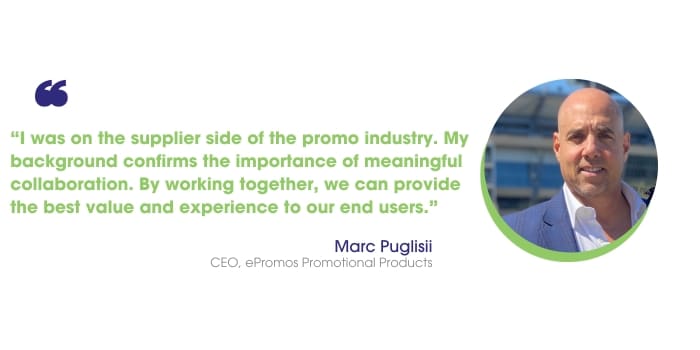Lessons on how to be a better manager and business leader don’t always come from where you expect. Within Rebecca Yarros’ fantasy novel Fourth Wing’s exciting tale are some actionable takeaways on perseverance and growth, and how they can influence your leadership journey.
Why I chose this book:
When choosing a book to gain new skills or insights, it is easy to assume that if you head to your self-help or business section you will find what you need. I am here to say that you can find leadership development even in unlikely places.
For those who don’t know me, I’m an avid reader, and I mostly read science fiction and fantasy. (Yes, nerd and proud.) Fourth Wing and stories like it have a lot to teach about resilience and leadership from unlikely heroes.
I recommend it for:
Does this seem out of left field? A little. But I would recommend Fourth Wing for anyone who is searching for something outside of their traditional reads. Especially if you are looking for some hope and like to root for the underdog – bonus if you like dragons.
Key points:
Fourth Wing is set against a backdrop of a besieged empire embroiled in war at Basgiath War College, where our main character, Violet Sorrengail, is training for the conflict. Within the college there are four “Quadrants.” These Quadrants encapsulate specialized roles: The Scribes, committed to the preservation of history; The Healers, responsible for the medical arts; the Infantry Quadrant, specializing in ground forces and general combat; and the exclusive Riders Quadrant, reserved for the most formidable individuals trained to command dragons in battle.
Dragons do not bond to “fragile” humans – they incinerate them, and the Riders Quadrant is dedicated to weeding out the weak. The narrative, however, takes an unexpected turn as our protagonist, Violet, defies convention.
Despite her initial inclination toward the scholarly pursuit of Scribe school, she is redirected to the Riders Quadrant by her mother, the General, and a seasoned dragon rider. This is particularly remarkable considering Violet’s undisclosed struggle with Ehlers-Danlos Syndrome, a chronic condition impacting connective tissue.
I see industry professionals drawing from Violet’s journey within the Riders Quadrant, as it’s a tale of resilience and strategic acumen. Enduring constant belittlement from both peers and instructors, she navigates each challenge with determination and ingenuity. Her victories, achieved through a combination of intellectual prowess and unorthodox problem-solving, showcase her as a standout protagonist. Even in the face of success, however, skepticism persists among her peers.
Without delving into spoilers, Violet not only survives the formidable trials but emerges triumphant.
Fourth Wing captivates with its riveting narrative but also serves as an allegory for perseverance, resilience and the triumph of intellect over adversity. Violet’s journey, set against the backdrop of a war-torn empire and the stringent hierarchy of the Basgiath War College, provides readers with a compelling exploration of leadership, determination and the indomitable spirit that propels individuals to greatness against all odds.

My takeaway
Despite extreme physical limitations, our hero is able to conquer. As professionals, we know that there is often more than one way to accomplish something. Keeping an open mind and allowing others to find their own solution is a key to great leadership, as is knowing that forcing someone into a mold can limit their growth.
A regular theme in the book regards access to information, or lack thereof. The idea that information can be removed and greatly distorted can be tied to business practices as well. If that one key person who keeps important data or procedures in their heads – let’s call them a scribe – leaves, who else has access to that information? Or is it lost to the organization?
As an individual, one thing that really resonated with me was the idea that the path is not set. You may have set out on what you thought was your three-to-five-year plan and then look back and realize you went in an entirely different direction. That is OK. What I said my five-year plan would be five years ago is not where I am, and I am better for it. I wasn’t challenged with trying to cross a deadly parapet, face regular combat to the death or ride a dragon, but my position at PPAI certainly wasn’t what I expected, and I am so much better for it!
What should I read next?
My library of business books is large, but I’m always looking to grow it. If you have any suggestions for business books that are meaningful to you, please let me know at JGR@ppai.org, and after I give it a read, I’ll share my impressions in PPAI Magazine.
Gibbons-Rauch is PPAI’s professional development lead.


